EDINBURGH, SCOTLAND—According to a statement released by Heriot-Watt University, hominins living in what is now Europe some 250,000 years ago used fire for cooking, heating, and defense, pushing back the controlled use of fire by some 50,000 years. A team of researchers led by geochemist Clayton Magill of Heriot-Watt University and archaeologists Susana Rubio-Jara and Joaquín Panera of Complutense University analyzed the remains of a fire from Valdocarros II, an archaeological site in central Spain. They determined that the fire had been built to encircle something, indicating that humans had made and controlled the fire, Magill explained. Such a fire may have been situated in a sleeping or living area, a kitchen, or an enclosure for animals, he added. The chemical composition of the charred remains also suggest that certain types of wood had been chosen for their heat and lack of smoke when burned. Next, the researchers will analyze stone tools found near early hearths and look for traces of the preparation of meats and plants. “We want to understand whether the selective or specialized use of tools is something that should go at least theoretically hand-in-hand with fire control,” Magill said. Read the original scholarly article about this research in Scientific Reports. To read more about the advent of fire in Spain, go to "Evolve and Catch Fire."
Use of Fire in Europe Pushed Back 50,000 Years
News May 22, 2023
Recommended Articles
Digs & Discoveries January/February 2026
Full Nesters

Digs & Discoveries March/April 2025
Iberian Gender Imbalance
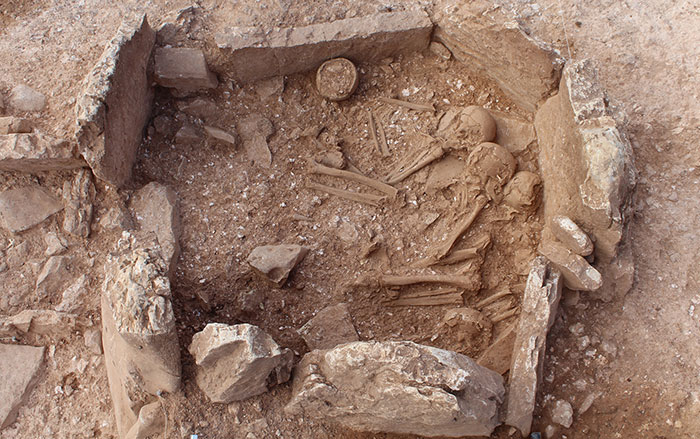
Digs & Discoveries September/October 2024
A Nightcap for the Ages
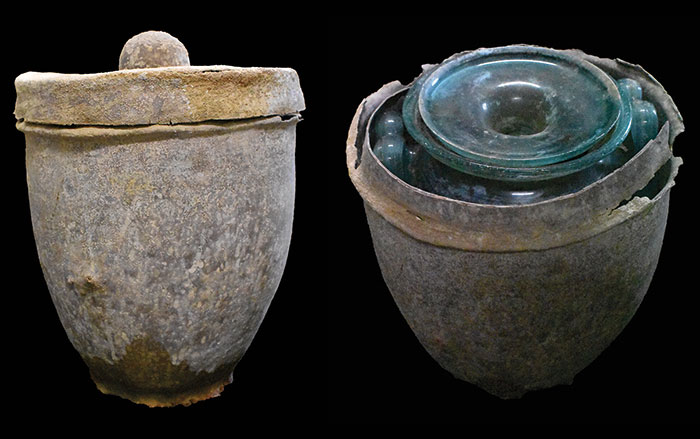
Artifacts March/April 2024
Mesolithic Baskets
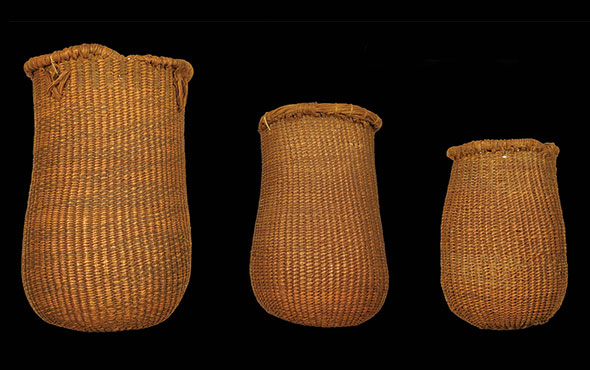
-
Features March/April 2023
The Shaman's Secrets
9,000 years ago, two people were buried in Germany with hundreds of ritual objects—who were they?
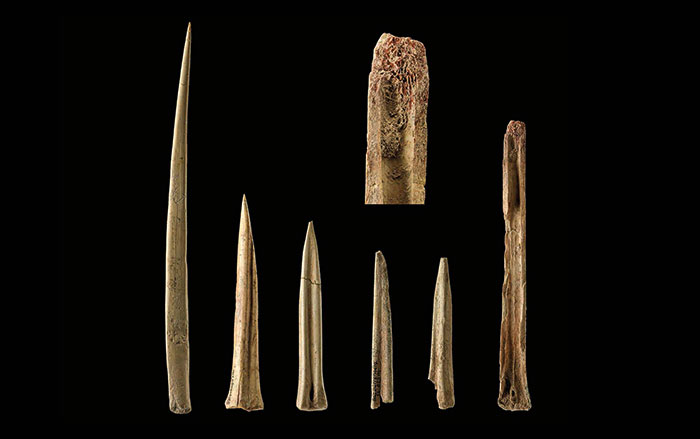 Photographs Juraj Lipták
Photographs Juraj Lipták -
Letter from the Faroes March/April 2023
Lost History of the Sheep Islands
New evidence shows that the remote North Atlantic archipelago was settled hundreds of years before the Vikings reached its shores
 (Polhansen/Adobe Stock)
(Polhansen/Adobe Stock) -
Artifacts March/April 2023
Andean Wind Instruments
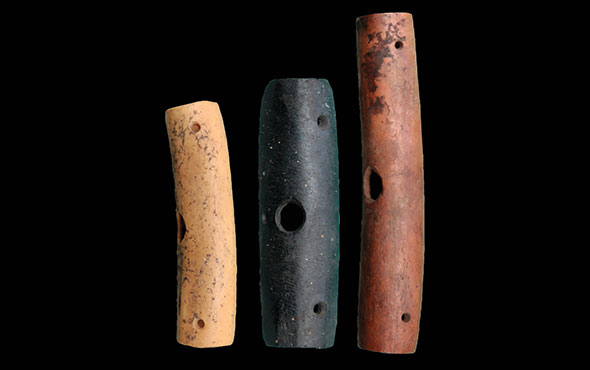 (Luis Manuel González La Rosa)
(Luis Manuel González La Rosa) -
Digs & Discoveries March/April 2023
Peru’s Lost Temple
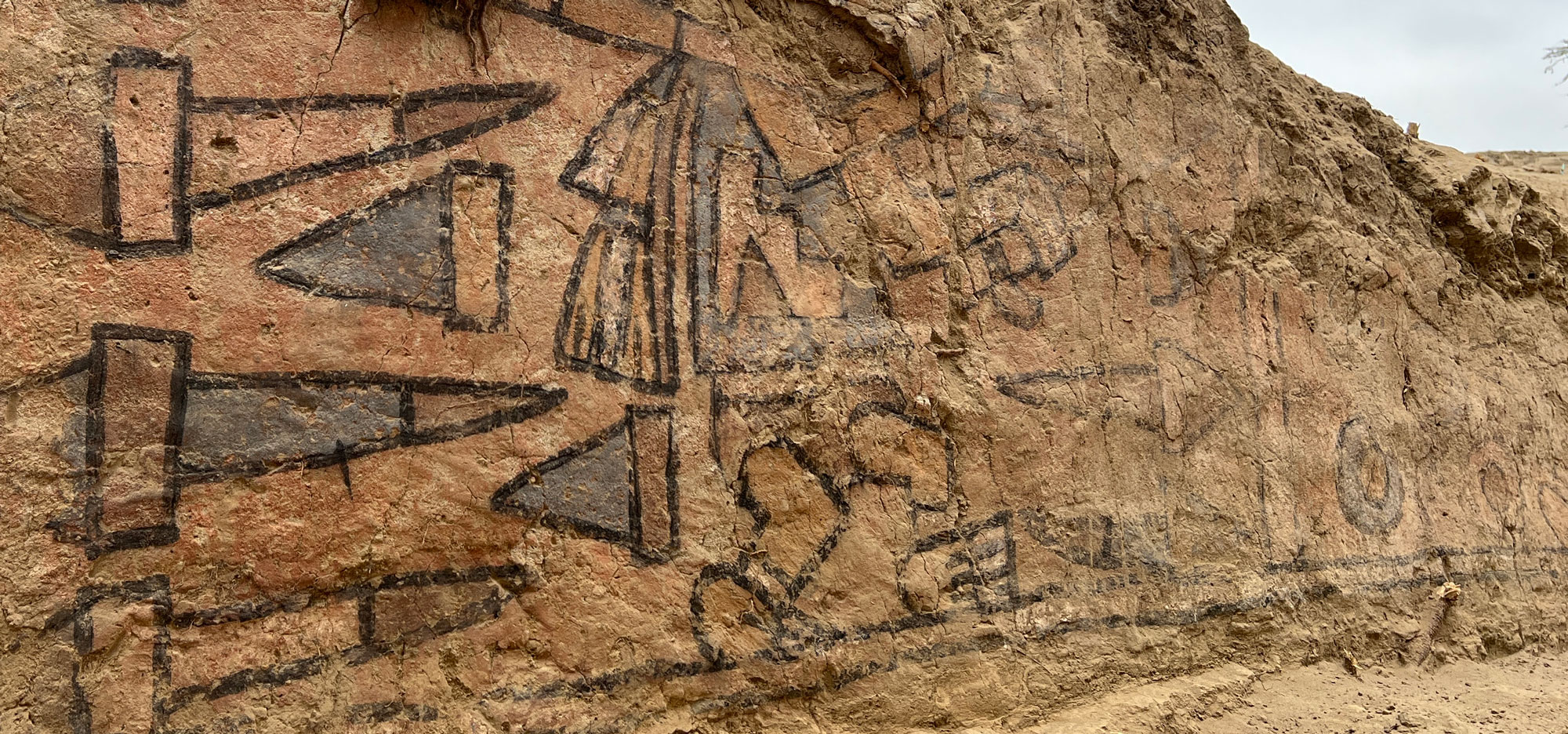 (Courtesy Sâm Ghavami)
(Courtesy Sâm Ghavami)


